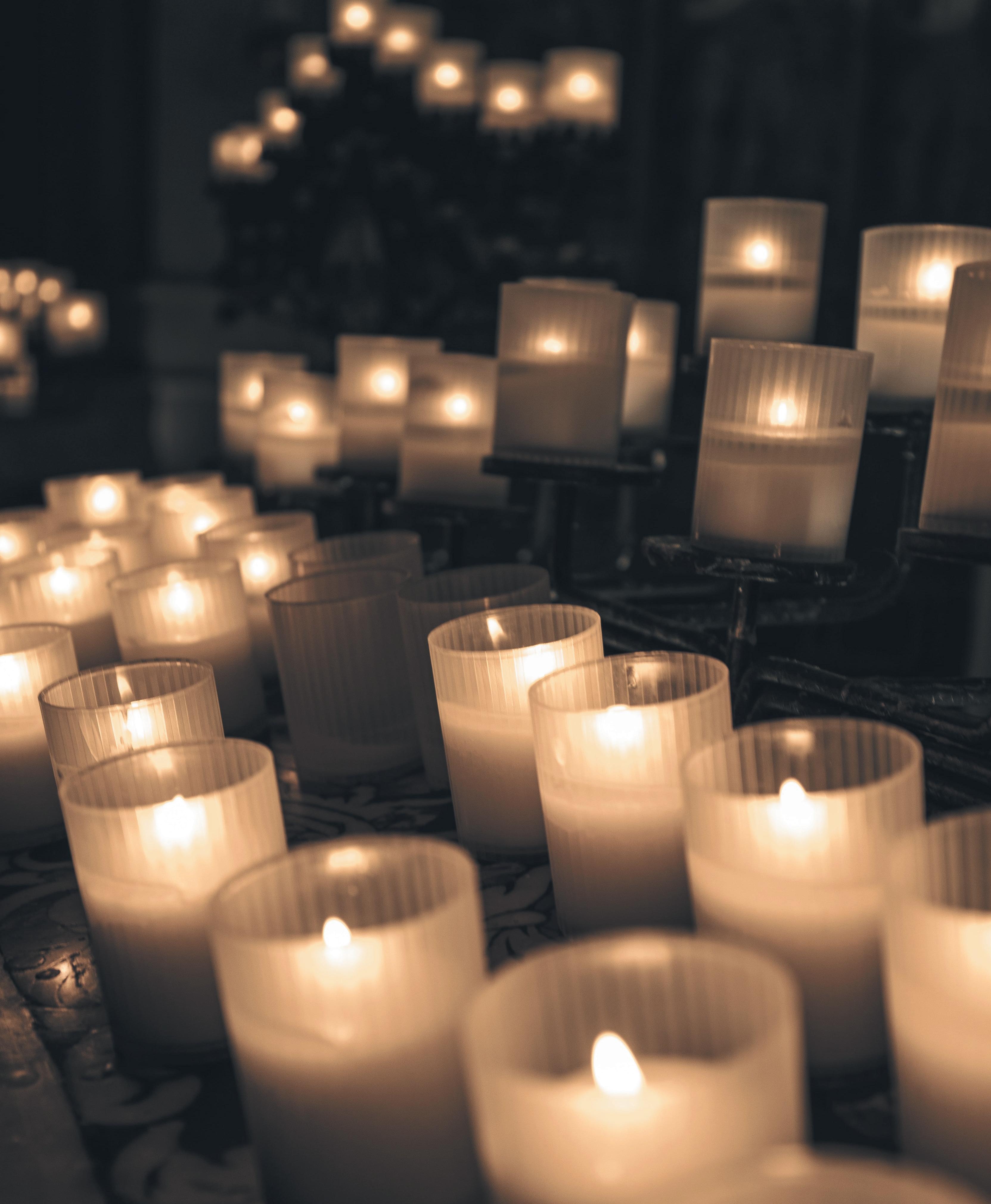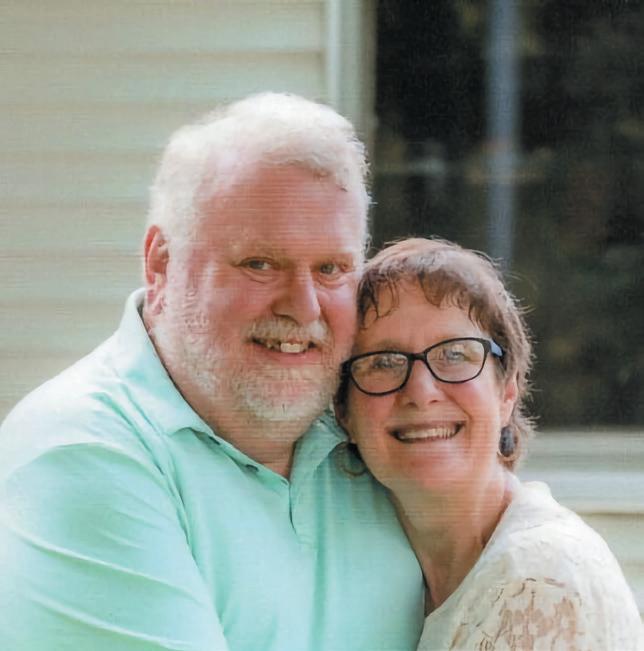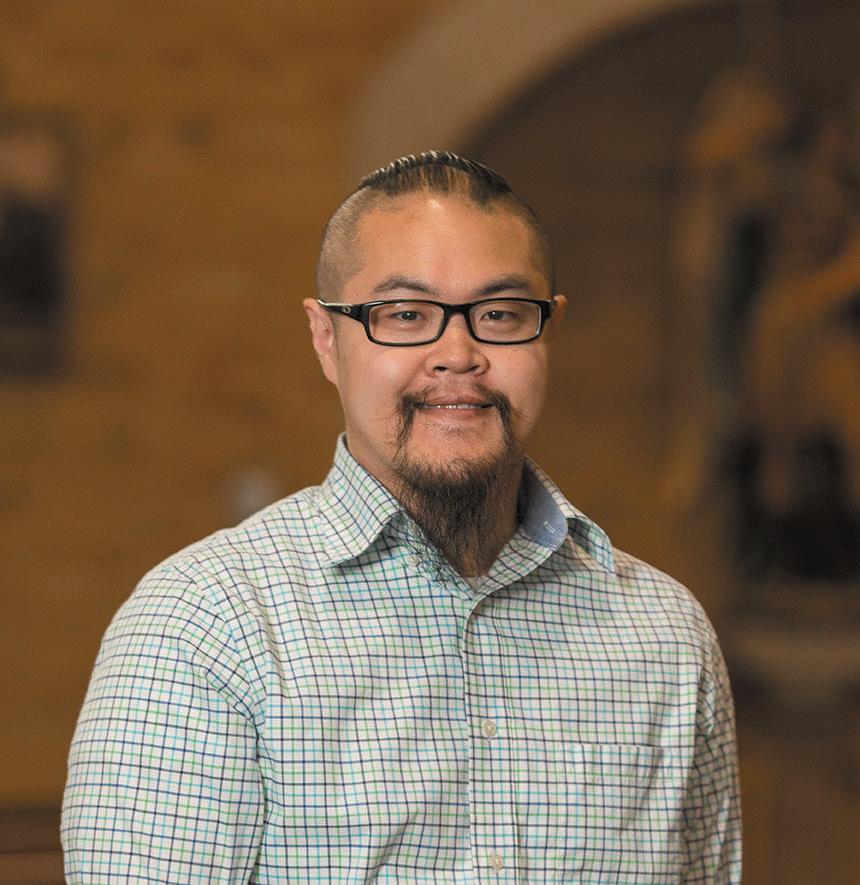A NEW MENTAL HEALTH CRISIS JIM OWENS
L
ate last summer, amidst the throes of our global pandemic, the Centers for Disease Control (CDC) quietly published research (tinyurl. com/mhpandemic) findings on the pandemic’s effects on mental health in the United States. What they found is not at all surprising: incidence of mental illness is up more than 50% across the board. From my view as a counselor, I’ve noticed that not only is incidence up 50%, but so is severity. Regrettably, the mental and emotional suffering in this nation has grown both wider, and deeper. In real numbers this means that, on any given day, 30% of us are experiencing an Anxiety Disorder in the form of overwhelming worry, dread, fear, and racing thoughts. We can barely fall asleep at night. And about half of that number will be suffering from a Depressive Disorder marked by debilitating feelings of helplessness, emptiness, hopelessness, and self-harm. Some of us can barely get out of bed in the morning. Tragically, more than 1 in 10 surveyed were seriously considering ending their life. The report also showed that alcohol and other drug abuse is way up, as are other addictive behaviors which allow us to either distract our worried minds, or hijack our brain’s dopamine reward system. And if we aren’t drowning our pain in alcohol (88%) or marijuana
(37%), we’re TV binge-watching, social media surfing, shopping, and overeating all so that we can have even just a moment’s respite. Regrettably, not only do these behaviors not address our pain, they result in us feeling even worse when we’re not doing these things, which is how the cycle of addiction begins. For all this tragedy, though, we have perhaps the most notable finding of this research: while young adults ages 18-24 have fared the worst in almost every way (by nearly double), the prevalence of covid-related mental illness decreased markedly with age. Anxiety and depressive disorders for individuals age 65 and older were 800% less than young adults, and 400% less than the average. That’s right, the older we get, the more we are insulated from the psychological impact of traumatic events. Why? Well, it’s not just aging that accounts for this, it’s wisdom. Usually, the older we get, the more wisdom we possess, all of which points to this truism: Wisdom is an antidote to fear. Is fear the root of all mental illness? Certainly not. There can be many roots depending on the individual, some of which are undoubtedly biological in nature. But that fact doesn’t dispute the reality that much of our mental and emotional suffering is also rooted in our psychology (i.e. our view of ourselves and the world), and in particular to the irrational fears we carry around










